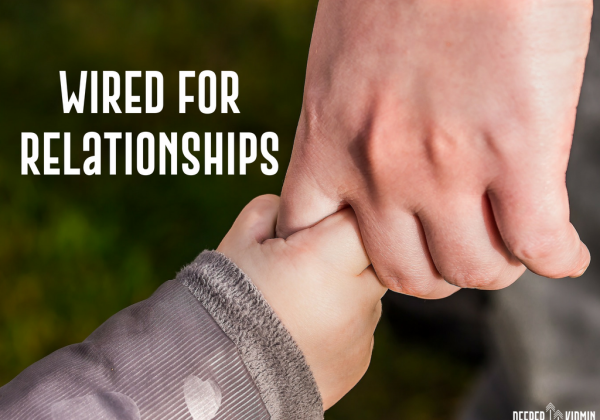
God wired us with a need for community as a reflection of his triune character, and the same holds true for children. Kids need relationships with their peers and with their leaders.
Friendships are especially important in the preteen years. I have found that groups of 6th graders who enter the middle school youth group as friends tend to have an easier time transitioning than a group of students who don’t feel close. Especially as preteens experience “11-year-old atheism” – when children have a difficult time reconciling an unknowable God with their concrete way of thinking – they need leaders they trust and peers they can learn with. Creating a community in which to doubt, play, and grow provides the healthiest environment for engaging children.
Learning is a social process in itself, so intentionally inviting interaction and relationships in our ministries will help stimulate growth and engage kids in what we are teaching.
Children’s faith develops based on who they love and mimic, not what they do or know. So often, children’s ministry can become about helping kids memorize scripture and know the right answers. And while those things are important to a Biblical faith foundation, the most vital thing is relationships with mentors and leaders in the Christian faith.
Kids are more receptive to our teachings when they feel known and loved by us, so we have to take the time to build relationships with them outside of Sunday mornings if we want them to listen to us on Sunday mornings. The same holds true for our volunteers, but training and equipping volunteers is a different conversation.
Kids cannot progress through life without the influence of positive relationships with both their parents and other adults. In nearly every aspect of how kids are wired at each stage of life, being exposed to challenges and different perspectives from others helps them progress to the next stage of development.
The presence of community is vital for overall spiritual growth, and when we use community to engage kids, our effectiveness increases.
As we build relationships with kids and learn who they are, we are better able to identify their preferences and stages of life. When we engage kids based on their developmental level and according to their unique needs, our ministry becomes more effective. We’re better able to fulfill our purpose of engaging kids with God and the Bible.


Leave a comment
You must be logged in to post a comment.